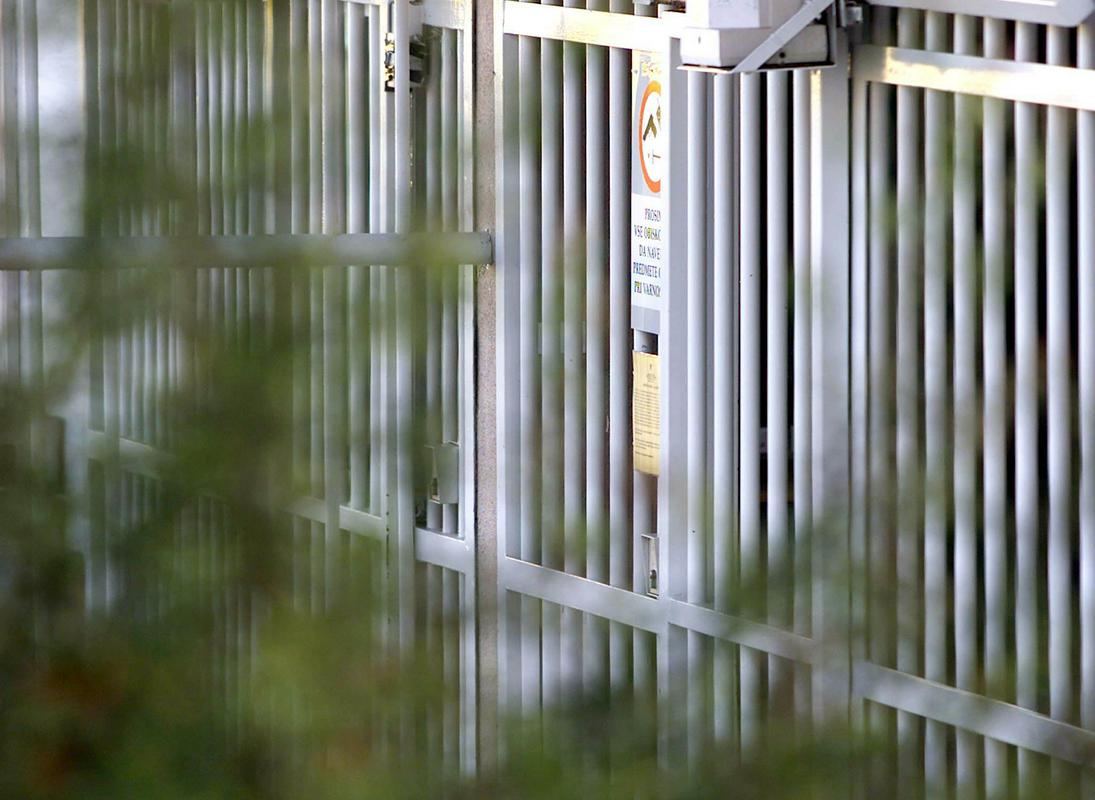
he rise in prisoner numbers has stopped, in the medium-term prisons might be additionally relieved by the probation office, given the fact that half of the inmates are sentenced to up to two years in prison.
‘The trend of rising prisoner number stopped in 2017. On average, 1.348 persons were incarcerated, which is 2% less compared to the year before,’ saiddirector general Jože Podržaj at a presentation of the annual report of the Prison Administration of the Republic of Slovenia. The majority of inmates were imprisoned for property crime, followed by crimes against human health, crimes against persons and economic crimes, stated Podržaj.
In 2017, 34% of the inmates served their sentences in full, whereas 66%, or two thirds, were granted early conditional release. The most crowded prisons are those in Dob near Ljubljana, Maribor and Koper. The director general said the situation in those prisons remains unchanged, adding that the average number of ‘weekend inmates’ per day last year was 58.
A little less than 39 million euros from the state budget went into the Slovenian prison system last year, which is 5 million euros more than the year before. "The daily expense in 2017, and I will be very precise as others often manipulate with these figures, was 79,51 euros per prisoner," stressed Podržaj, adding that 50 euros from that sum was spent on the wages of prison employees, 15,26 euros for material costs, 2,79 euros per day on food, 6,58 euros for investments, 6,35 euros for health insurance, and 1,05 euros per day for the employment of prisoners.
The higher budget, compared to the year before, was mostly used for investments - in facilities, equipment, and especially in the purchase of 33 new vehicles. At the end of December the number of employees stood at 861, with 547 from that figure being guards. "The situation today is similar, with the exception that procedures are underway for the employment of an additional 20 prison officers, which has been approved by the government," explained Podržaj.
There are also plans for the employment of 16 other staff members with different job profiles, in order to meet the staffing plan of 900 employees in the coming months.
Security stable, no escapes
According to Podržaj, from a security standpoint there were two events that stood out last year, one in Ljubljana on Povšetova Street and a few days later in Dob. The incident, a case of a prison group rebellion, was resolved without the use of any force, reminded Podržaj. "There were no escapes in 2017, not from the prisons nor while escorting prisoners, which points to a favourable evaluation of the security situation," he added.
Poor living conditions, a shortage of staff
The biggest problem in Slovenia's prisons are the unsuitable living conditions, mostly in Ljubljana, and the shortage of staff. Mr. Podržaj added that they not only lack prison officers, but also other professional workers.
Prisons with better food than what the average person eats?
According to Podržaj, the food in Slovenian prisons is above the average and better than the food consumed by free citizens. The majority of prisoners therefore have no remarks about the food. "2,79 euros per day was the cost of food per prisoner last year, but the work in preparing the food was not calculated in that figure, and we are self-sufficient in producing a lot of our own food," explained Podržaj.
Prison bars as obstacles
"Our guideline is, that prison bars mustn't be obstacles. Prisoners have to become ever more involved in life outside the prison," explained the head of the sector for treatment, Lucija Božikov, adding that advanced and modern prison systems put an emphasis on being more open.
According to Božikov, last year they put special attention on education. She said they allow inmates to acquire education, knowledge and skills free of charge, which will help them find work when they serve out their sentences. "502 inmates are already involved in different programmes, from that around 200 in work therapy, 90 in education programmes, and 212 in work training. An inmate can also obtain a certificate, for example for a forklift operator, a welder, etc.," said Božikov.
Children's corners and books
The prison administration is also dedicated to the contact male and female prisoners have with their children. All the prisons now have children's corners and the plan is to also equip them with toys. The area is intended for visits and for the imprisoned parents to spend time with their children. In cooperation with the Slovenian Book Agency, the administration is also continuing its project on introducing more cultural components in prisons.
Three prisoners died last year after the sudden deterioration of their health, and one prisoner successfully committed suicide just a few hours after being put in jail. The oldest female prisoner last year was 83 years old, while the oldest male prisoner was 76. Mrs. Božikov added that Slovenia's prison population is ageing.

































































